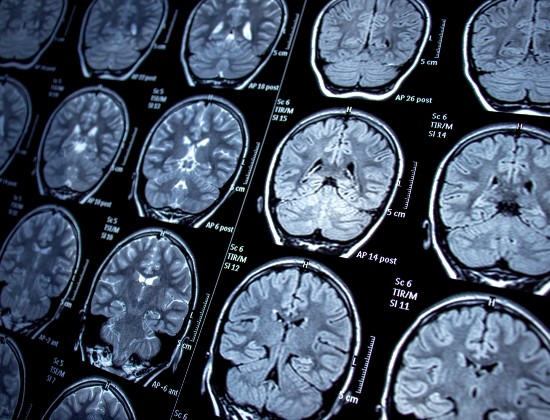Fortius Clinic specialises in orthopaedics and sports medicine and is the largest private orthopaedic group in the UK. We don’t do anything else, and that’s what makes us truly exceptional at what we do.
We have more than 200 specialists from surgeons to sports physicians, rheumatologists, pain management specialists and radiologists.
We diagnose and treat thousands of patients every year, from elite and amateur athletes to those with chronic arthritis and other orthopaedic injuries.
You’ll receive the latest evidence-based treatment, easily and with outstanding care, to help you achieve your best outcome.


At Fortius Clinic you can choose to pay for treatment yourself or use your private health insurance.
We offer transparent and competitive pricing along with rapid access to our leading consultants and a diagnosis.
Our flexible payment plans allow you to spread the cost of your surgery with monthly repayments.
